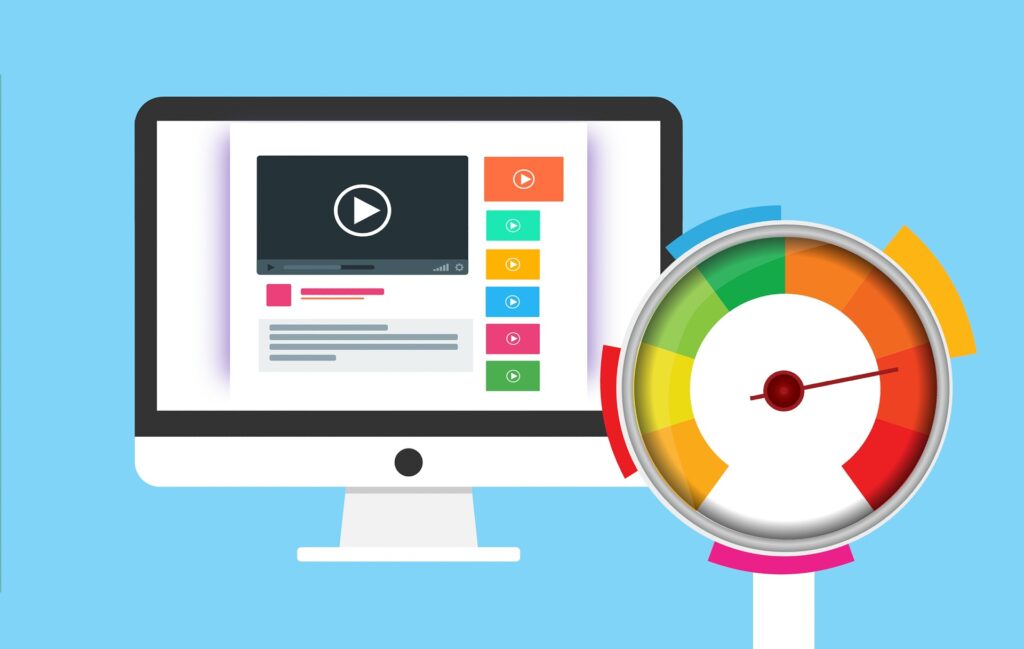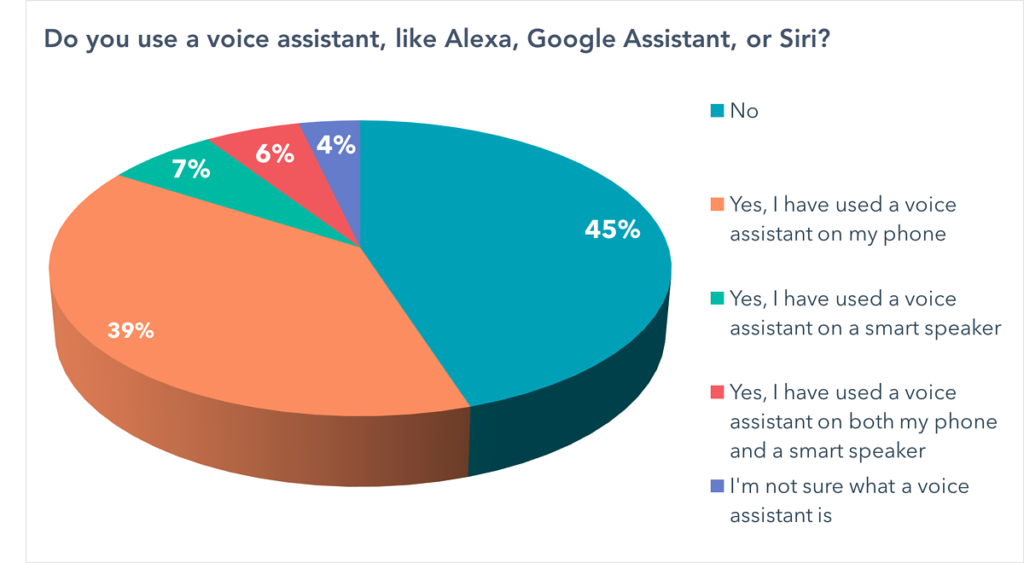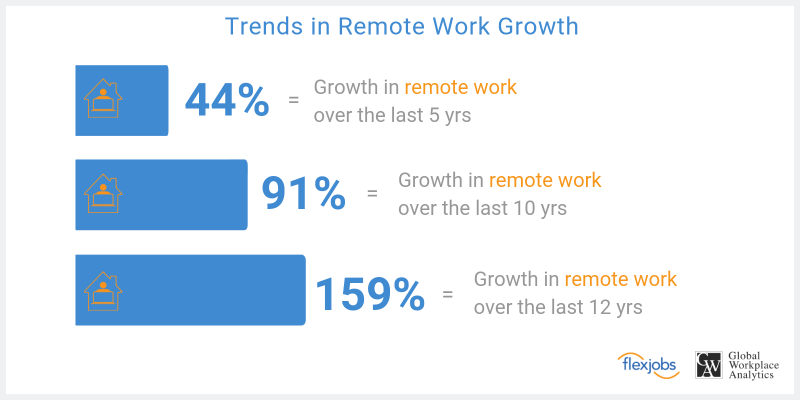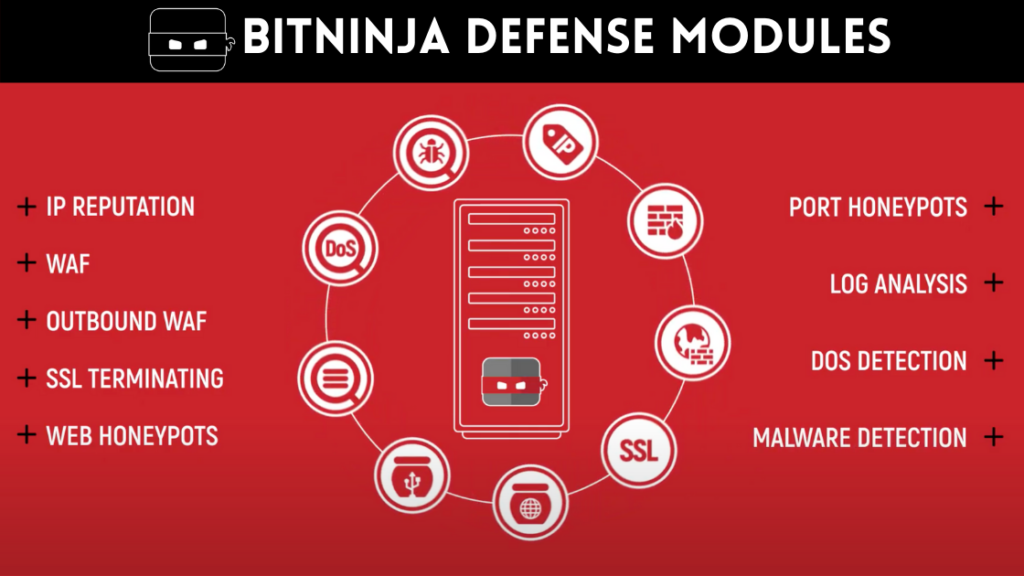Sales/Support: +1-862-214-2255
Tag: cybersecurity
Navigating Tomorrow: Charting the Course for CIO Excellence in 2024
Currently, in this 2024, Chief Information Officers (CIOs) find themselves at the forefront of technological evolution. The role of a CIO is ever-expanding, and staying ahead in the rapidly changing landscape of information management is crucial. In this blog post, we'll explore the key focus areas for ...
The Ways to Improve Online Customer Experience
Customer retention is one of the most important things that brands need to focus on right now. You should never let go of a customer you worked so hard to get and there are plenty of ways to ensure that they stay with you.
Bear in mind, every ...
Why Any Website Needs HTTPs Today?
When talking about HTTPs now, it is the same as talking about security on the web. The first thing we need is to have security all the way around. Also, we have to understand that we need to use HTTPs via SSL/TLS encryption to guarantee that we ...
How To Improve Your Website Speed and What Benefits This Provides?
Having a website is a responsibility not only because this benefits our business but also for our customers who are willing to see our products and services online. This implies a set of actions to be taken for this to work properly.
How can we know our website ...
The Biggest Online Trends In 2021
Would you be surprised to learn that eCommerce represents approx. 23%-25% of all commerce in the U.S.? The current state of quarantine has greatly accelerated the move towards “online first” commerce.
With so many retailers making the move to online shopping, we are bound to see innovative online ...
How to Keep Business Data Secure While Working Remotely
We can all agree 2020 has not been the year we had hoped for last December. Far from it!
From the way we live our daily lives, to the way we shop for groceries or do our jobs, everything has been disrupted. As more and more businesses move ...
Increase the Security of Your Linux Servers With BitNinja Server Security
We are pleased to announce that we have partnered with BitNinja to bring you the ultimate server protection against WordPress, Joomla, and Drupal infections.
The BitNinja server security solution has been around since 2014. It started as an in-house project when its CEO George Egri wanted to protect their own hosting company against malicious threats and cyberattacks. Today the company protects over 20.000 servers ...






